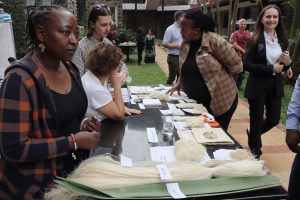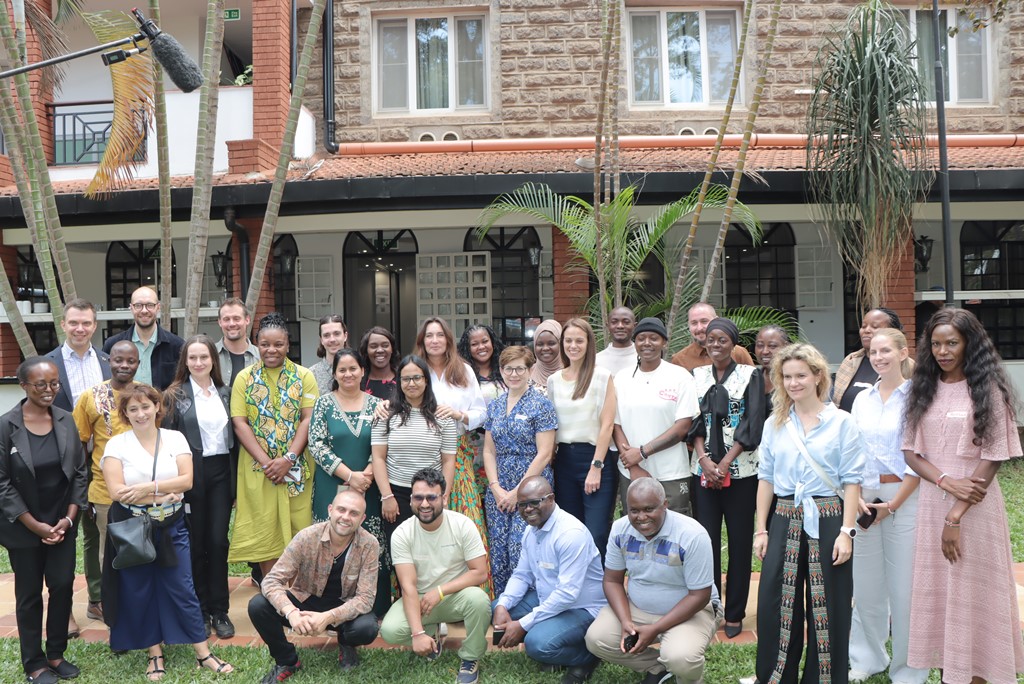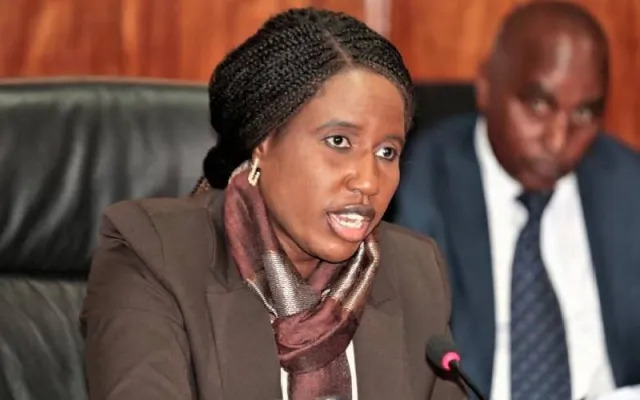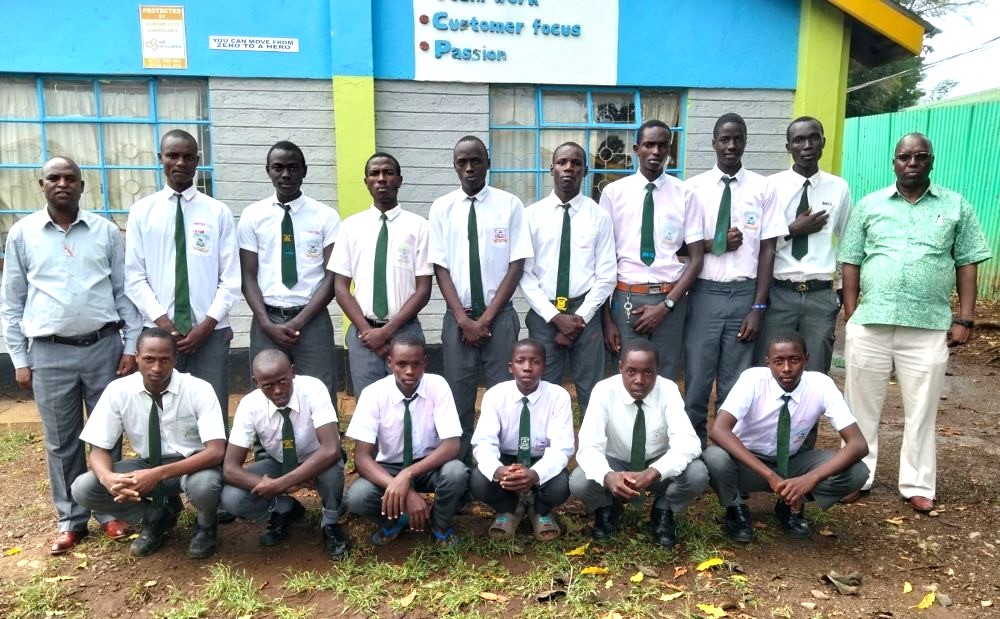For millions of women and girls around the world, managing menstruation is still a silent struggle. According to the World Bank, an estimated 500 million lack access to safe and adequate menstrual products, sanitation facilities, and essential information. But for those who do have access, the challenges are far from over.
Conventional menstrual products often made with up to 90% plastic and laced with chemicals are now under scrutiny not just for their environmental toll, but for their effects on health. Users in many communities report chronic irritation, itching, and burning sensations. Health experts attribute these symptoms to the synthetic materials and chemical additives used in mainstream sanitary pads.
“Menstrual health is not just about hygiene. It’s a matter of environmental and social justice,” says Helga Mahler, project director of PANORAMA, a global platform for nature-based solutions.

“We need to protect the environment while ensuring women and girls can manage their periods safely and with dignity,” she added.
The issue took center stage recently at the PANORAMA Conference, Learning community meeting in Nairobi, hosted by GIZ and the Foundation of Success Europe. Under the theme “Blueprint for Plastic-Free Menstrual Products,” the forum brought together researchers, innovators, donors, and manufacturers from across Africa, Asia, Europe, and the United States.
One of the stark realities discussed: more than 45 billion menstrual products are used and discarded globally each year. Most are made from plastics that can take between 400 to 500 years to decompose, according to a 2021 report by the United Nations Environment Programme (UNEP). Over a lifetime, one menstruating person may use 10,000 to 12,000 pads, compounding the environmental burden.
In response, a new wave of innovators is developing biodegradable, plant-based alternatives that are both safe for users and gentler on the planet.
ALSO READ:
West Pilot’s Talau Comprehensive learners mentored on drug abuse, HIV infections
One such innovator is Latifatu Mohammed of Kodu Technology in Ghana. At the conference, she shared her pioneering work creating biodegradable sanitary pads made from banana and plantain fibers. “These pads are affordable, reliable, and environmentally safe,” she explained. The products have helped over 10,000 girls in Ghana stay in school during their periods.
From Nepal, Dipisha Bhujel, a researcher and menstrual health advocate, presented her own biodegradable sanitary pad made from natural fibers.
Bhujel, Stem Prize Winner 2023 was challenged to start the project due to environmental harm from conventional pads and girls missing school due to lack of menstrual products.
Kenyans also displayed sanitary pads made from sisals, Mary Nyaruai, founder of Nyungu Afrika also showcased her innovation agricultural waste of pineapple to produce compostable menstrual pads.
Her venture aligns with the United Nations Sustainable Development Goals, emphasizing environmental stewardship and gender equality.
“The plastic-based menstrual products are contributing to global plastic waste, polluting rivers, and harming wildlife,” Mahler noted during the forum. “By contrast, plant-based products are far less harmful—and they’re a step toward closing the menstrual equity gap.”
Public health advocate Roisa Kerry from Kenya said menstrual health advocates must break the silence and stigma around periods by fostering open conversations, key to addressing related community issues.
The conference served not only as a platform to spotlight innovation, but also to foster collaboration and knowledge-sharing among countries and communities. As the call for plastic-free periods grows louder, the message is clear: menstrual health must evolve not only for the sake of women and girls, but for the planet as well.
By Obegi Malack
You can also follow our social media pages on Twitter: Education News KE and Facebook: Education News Newspaper for timely updates.
>>> Click here to stay up-to-date with trending regional stories
>>> Click here to read more informed opinions on the country’s education landscape






